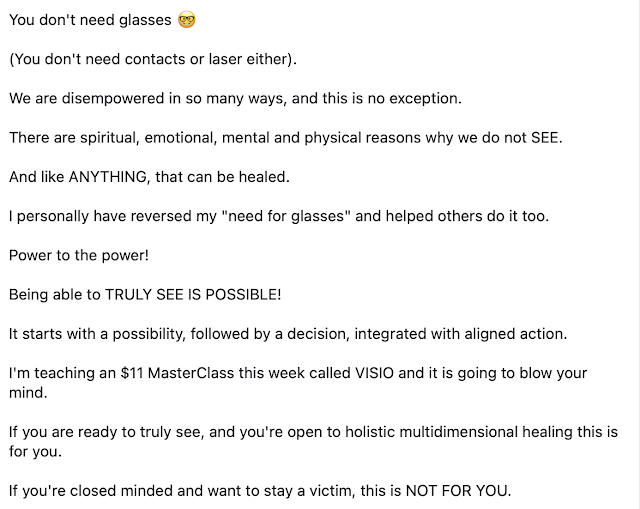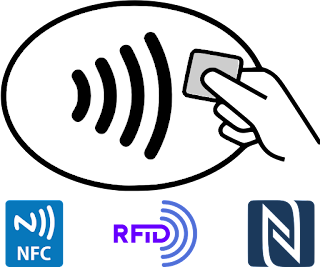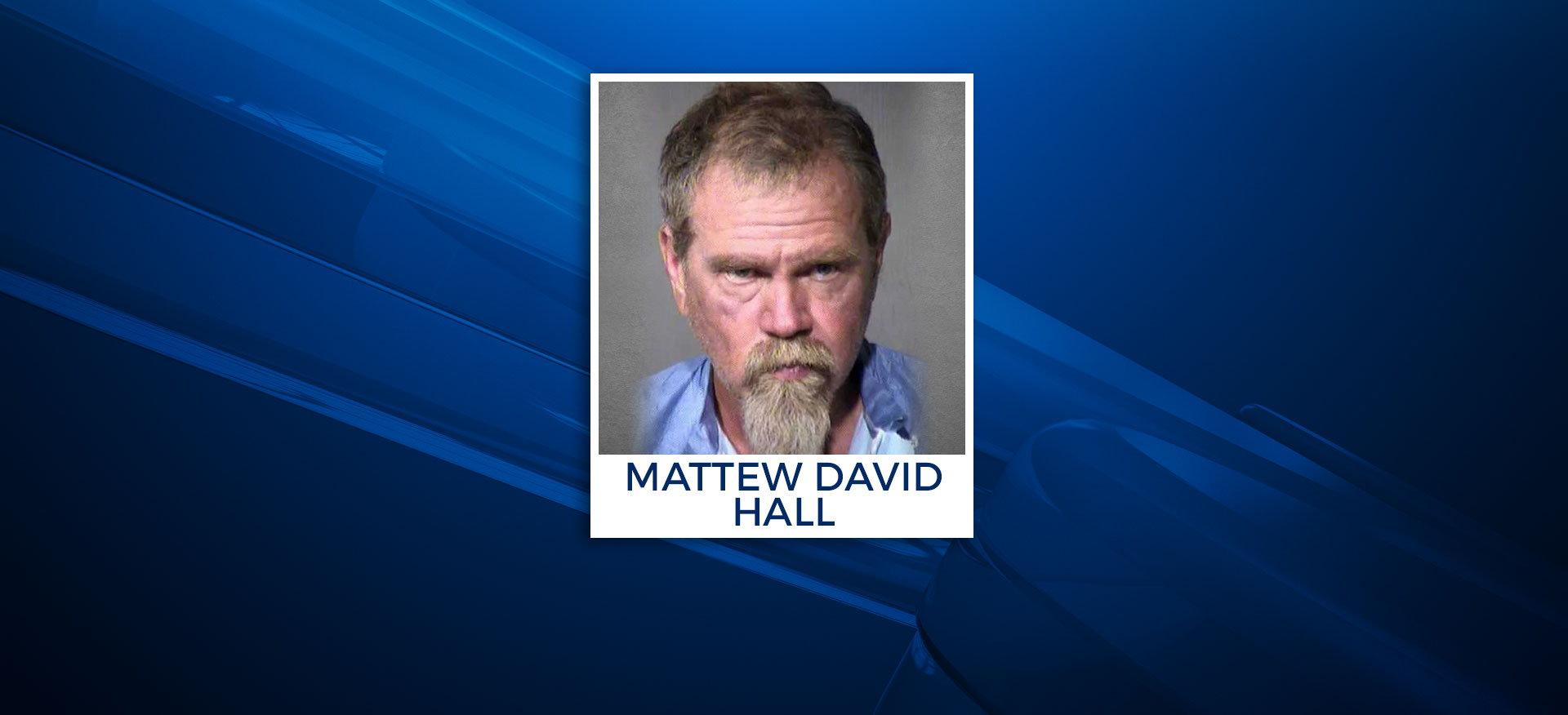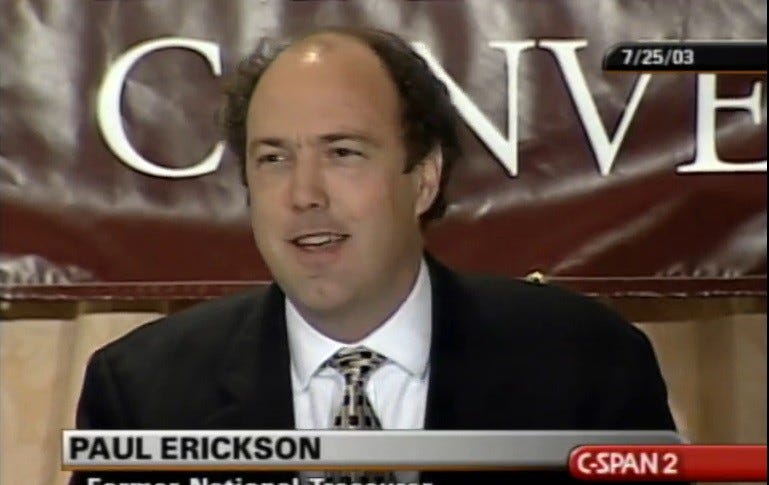 |
| Presumed US location of Adven |
Consequences
Lily has a knack for drawing scammers like some people attract mosquitoes with similar blood-sucking results. You’ve met Lily a couple of times including a phishing scam involving Chase Bank.
I’m dismayed how often Chase victimizes its customers, freely handing out money to con artists and then blaming customers. I’ve noted a number of Chase fraud stories since and spoke with a lady who lost tens of thousands to a scam that Chase refused to acknowledge. Because Lily received advice to withdraw her funds and not a penny more, she remains the only person I know who survived monetarily intact.
She and I spent hours making phone call warnings and visiting Chase and state police, trying to apprise them of a crime in progress. We explained how the fraud worked, despite snorts and sniggers and snarky wishes *they* had a friend (wink, wink, nudge, nudge) who’d deposit thousands in their account.
“There is no money,” I insisted.
“Sure there is, we can see it right… right… Wait! Where did it go?”
After the fact, the bank blamed Lily and demanded she reimburse them for their shortfall and shortcomings as a so-called trusted financial institution. Ha. That’s ever likely.
 |
| Presumed US headquarters of Adven |
Conversation
Lily sometimes struggles. She listed with LinkedIn seeking work at home. Unlike some, the girl self-motivates as long as the job doesn’t require copying the Encyclopædia Britannica in longhand.
Out of the blue, she receives a message from a European company expanding into North America. They require Lily to take a test and write an essay, but she’s hopped. She can take on as much work as she chooses and the pay is respectable, even a bit higher than her current salary, nicely filling in financial gaps.

|

|

|

|

|

|
Conjecture
Lily excitedly calls her boyfriend, she calls her mother, she calls me. I can’t pinpoint what, but something sets off my alarms. I ask for all the information she can provide, including text messages and anything else she can tell me. The list of accounting programs dismays me. Normally companies seek one or two, not half a dozen. I’m putting a damper on her happiness, but it turns out her boyfriend also senses something off.
I go to work.
Content
First thing, Adven exists. It’s a 600 employé company registered with a real web site and a presence in other European countries. But they mention nothing in the Americas. Okay, the contact explains they are setting up shop in the US.
I’ve been through that before, working for European concerns expanding into the States and vice versa. I consider calling to double check and notify Adven I suspect they are being used in a scam, but for the moment, I opt to let things play out.
Further research reveals Hanna Summa is a real person with a Linked-In page and a profile on her company’s web site. Acting so hands-on for a potential entry level employee raises an eyebrow, but again, I’ve seen this within major corporations when placing fresh folks overseas. Directors and vice presidents keep an eye on details to avoid screw-ups. An executive engaging with new staff and line isn’t inconceivable.
Meanwhile, this ‘Hanna Summa’ assigns Lily an essay. I suggest she consider an AI piece to avoid heavy vestment at this early stage, but, honest as she is, she writes a paper as agreed. Hanna Summa promises to send a check.
And she did.
Concept
I recognize the scheme. I advise Lily not to deposit it, but ask her bank to vet the check. Most checks clear the same day, but occasionally a draft may take fifteen days or so to slog through the system. This is where this type of scam takes root. Senders instruct their victim to spend or send much of that money elsewhere, ultimately into scammers’ own pockets. By the time a check is returned as fraudulent, it’s too late– the victim has been financing the scheme with her own money.
Conversion
This method obviates another scheme, the business of money laundering. Con artists arrange with a person in another country to sell goods or collect and distribute funds and perhaps packages. The unknowing party isn’t so much a victim as a patsy, flushing money through the system. In one case, a foreign ‘artist’ arranged for ‘commissioned partners’ in North America to sell his paintings, retain 10% and return 90% to the cheerful dauber who just laundered illicit monies or and avoided taxes.
Contrariwise
Meanwhile back at the bank, instead of making a conditional deposit as usual, at Lily’s behest, clerks go to work investigating that critical slip of paper with its excellent engraving and holographic sticker between the memo and signature. When they reluctantly hand the check back to Lily, they shake their heads but with respect for her instincts.
Still playing along, Lily tearfully informs her Adven contact that her bank has refused the check, saying it was no good. Our fake Hanna expresses shock and dismay, shock I say, shock. She posited her company’s accounting partner inexplicably made a mistake, perhaps a matter of misinterpretation. She will investigate and get back to Lily posthaste.
Shock, I tell you.
Lily is still waiting for the results of the investigation.
Conclusion
Lily merely wanted earnest work to make an honest wage. Reaching back to the J.P. Morgan Chase episode, her first reaction was to visit the bank at least twice and explain something was wrong.
Opinionated pundits contend victims perpetuate swindles because of their greed. I disagree with such a blanket statement. ‘Found cash’ scams work because no owner can be found. ‘Bible bequests’ play upon emotions of grief, not greed, supplemented by deepset religious underpinnings. Avarice might motivate cynical experts, not necessarily others.
I sometimes toy with fraudsters, an activity called scam baiting. My approach is more psychological than technical. One future day I might talk about that, but know I have no sympathy for those who drain bank accounts and ruin lives.


































